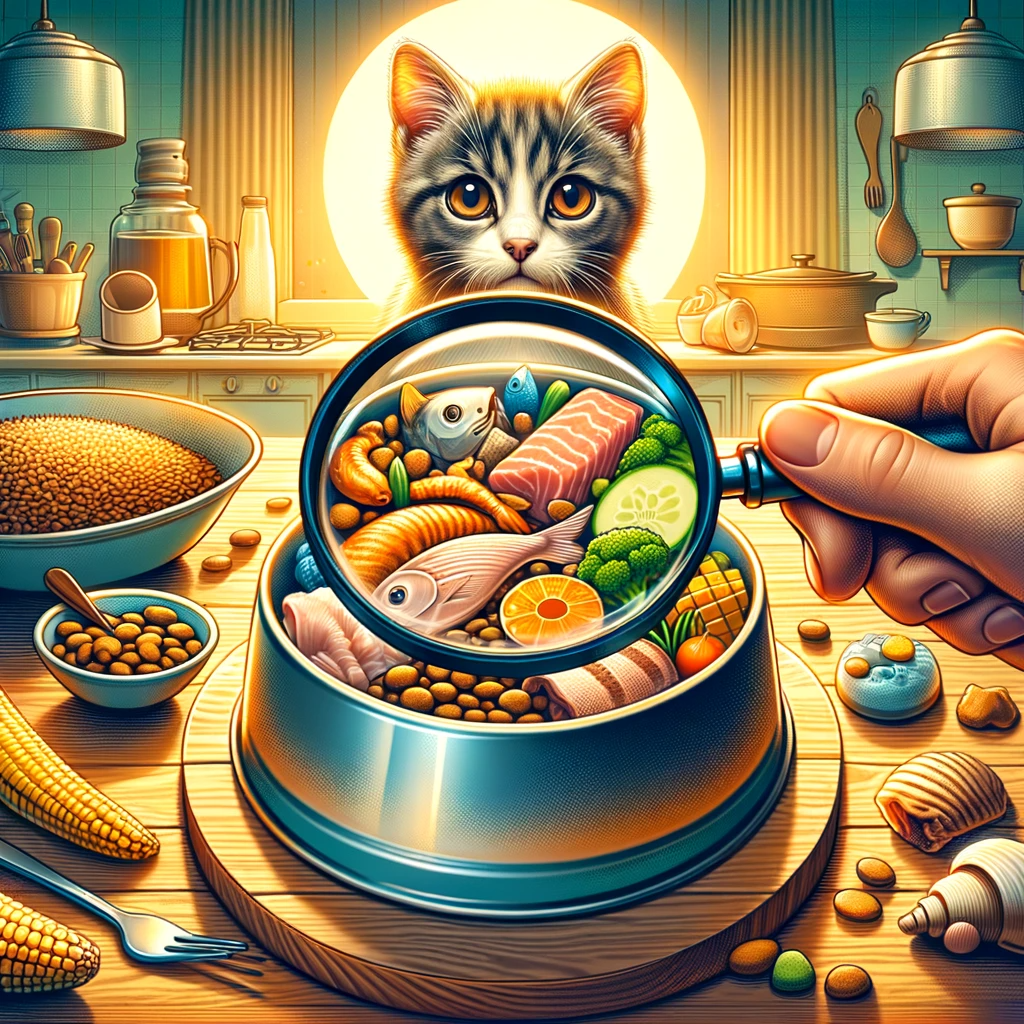Introduction:
When it comes to our furry feline friends, ensuring their well-being is a top priority. One crucial aspect of a kitten’s health and development is their diet. While many pet owners are diligent about choosing the right kitten food, it’s essential to delve deeper into the ingredients list. How much do people know about the ingredients in kitten food, and why is it important? In this article, we will explore the world of kitten food ingredients, unravel the mysteries, and provide you with the knowledge you need to make informed choices for your beloved furball.
Understanding Kitten Food Ingredients: Kitten food ingredients can often seem like a complex jigsaw puzzle. To make the best choices for your young cat, you need to understand what goes into their food:
- Protein Sources: Protein is essential for a kitten’s growth and development. High-quality kitten food should contain animal-based proteins like chicken, turkey, or fish. These proteins provide essential amino acids that support muscle growth and overall health.
- Carbohydrates: Carbohydrates in kitten food come from ingredients like rice, corn, or wheat. While some level of carbohydrates is necessary for energy, excessive amounts can lead to obesity. Look for kitten food with a balanced carbohydrate content.
- Fats: Healthy fats, like those from chicken fat or fish oil, are essential for a kitten’s coat, skin, and overall health. Ensure that the food contains an appropriate amount of fats to support your kitten’s needs.
- Vitamins and Minerals: Kitten food should be fortified with essential vitamins and minerals, such as calcium, phosphorus, and vitamin D, to promote bone growth and overall well-being.
- Avoiding Fillers and By-products: Stay away from kitten foods that contain fillers like corn gluten meal or meat by-products. These ingredients offer little nutritional value and may lead to digestive issues.
Why Ingredient Knowledge Matters: Knowing what goes into your kitten’s food is vital for several reasons:
- Health and Well-being: The right ingredients provide the necessary nutrients to support your kitten’s growth, energy, and overall health.
- Allergies and Sensitivities: Understanding the ingredients can help you identify any potential allergens or sensitivities your kitten may have.
- Preventing Obesity: Being aware of the carbohydrate and fat content can help you maintain a healthy weight for your kitten and prevent obesity-related health issues.
- Making Informed Choices: By knowing the ingredients, you can make informed decisions about which kitten food is best for your pet’s unique needs.
Conclusion:
In the world of kitten food, ingredient knowledge is your greatest tool in ensuring your furry companion grows into a healthy and happy adult cat. While it may take some time to decipher the labels and understand the components, the effort is worth it for your kitten’s well-being. By choosing high-quality kitten food with the right ingredients, you’re setting the stage for a vibrant and thriving feline companion. So, the next time you shop for kitten food, remember the importance of knowing what goes into that bag or can. Your kitten will thank you with purrs of delight and a healthy, playful spirit.
